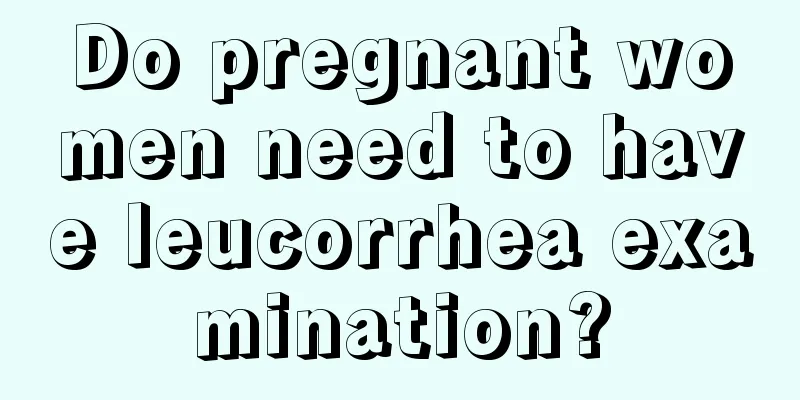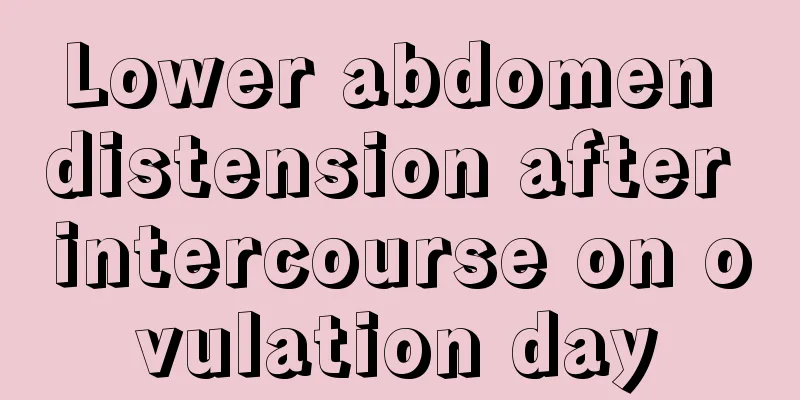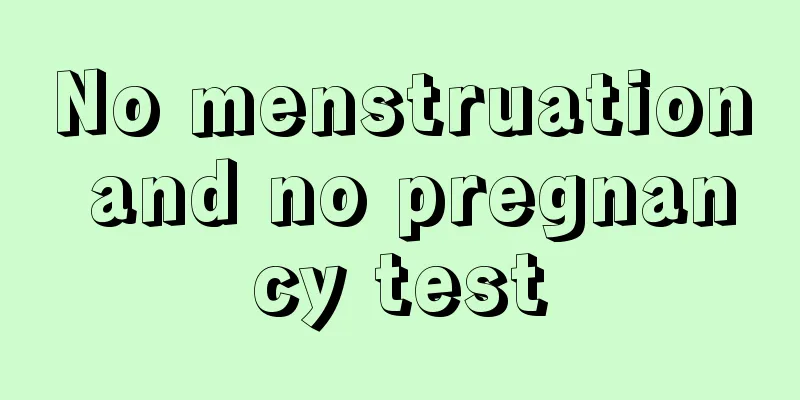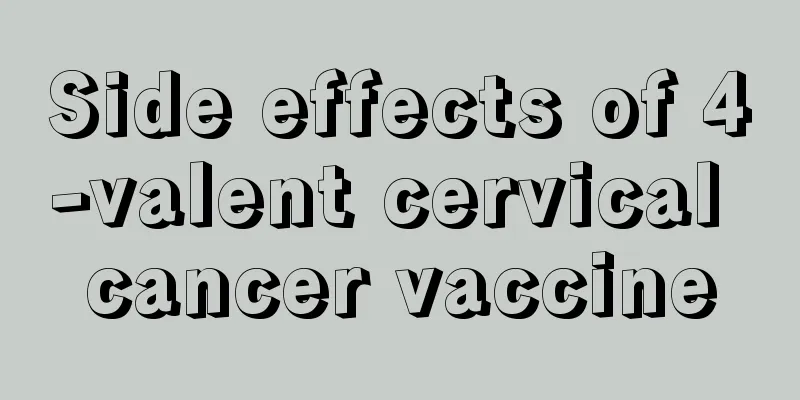Did you know that some forms of high blood pressure can be cured, while others cannot?
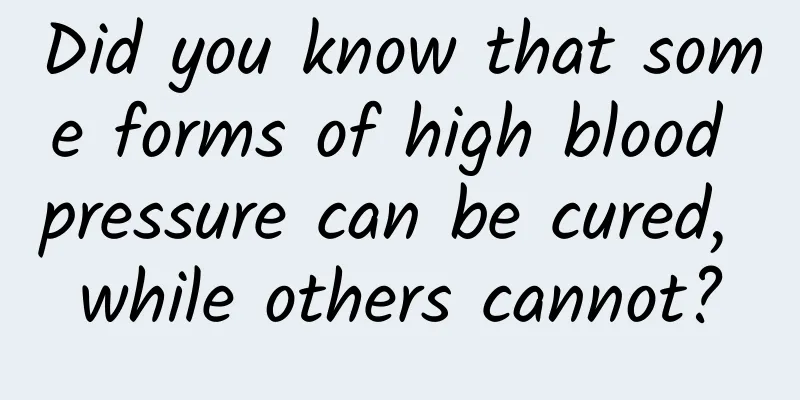
|
We often say that people have three highs, which refers to high blood sugar, high blood lipids, and high blood pressure. Today we are going to talk about high blood pressure. But today we are going to talk about something a little different. Did you know? Some high blood pressure can be cured, and some high blood pressure cannot be cured. The cause of high blood pressure that can be cured can be found. This type of high blood pressure is called secondary hypertension. Simply put, other diseases cause high blood pressure. Once the disease is cured, the blood pressure will naturally drop. The other type cannot be completely cured, but various methods can be used to control blood pressure so that high blood pressure no longer develops. Because the cause cannot be found, we call it primary hypertension. Essential hypertension refers to a cardiovascular syndrome with elevated systemic arterial pressure as the main clinical manifestation without certain definite diseases or causes, also known as hypertension. It is the most important risk factor for cardiovascular and cerebrovascular diseases, which can damage the structure and function of important organs such as the heart, brain and kidneys, and is a common disease in modern society. Hypertension Hypertension, what is the standard for hypertension? According to the level of blood pressure increase, the latest WHO divides hypertension into 1-3 levels. Level 1 hypertension refers to office blood pressure between 140/90mmHg and 159/99mmHg, or the average value of dynamic blood pressure monitoring during the day or the average value of home blood pressure monitoring between 138/85mmHg and 149/94mmHg. Level 2 hypertension refers to office blood pressure between 160/100mmHg and 180/120mmHg, or the average value of dynamic blood pressure monitoring during the day or the average value of home blood pressure monitoring ≥150/95 mm Hg. Level 3 hypertension refers to office systolic blood pressure ≥180mm Hg, or office diastolic blood pressure ≥120 mmHg. Office blood pressure is the blood pressure measured by the doctor when we visit the hospital. Dynamic blood pressure is a method of measuring blood pressure. The instrument is worn on the arm and tested for 24 hours, that is, a whole day. During this whole day, the instrument will detect our blood pressure throughout the whole process, which can help us see the changes in our blood pressure throughout the day. Home blood pressure testing is the blood pressure measured at home. We know that many elderly people now have a blood pressure monitor at home and check their blood pressure at any time. This is a great habit. We encourage everyone to buy a blood pressure monitor and monitor their blood pressure at home. Picture source from the Internet Why are we so concerned about blood pressure? What will happen if blood pressure is high? Research data shows that complications of hypertension are mainly divided into four categories: coronary heart disease, retinal diseases, stroke and kidney-related diseases. In other words, high blood pressure not only has a huge impact on blood vessels, causing vascular damage, vascular sclerosis, and thrombosis, but also has the greatest impact on organs with rich blood supply, making it a silent killer. Among the complications of hypertension, coronary heart disease and retinopathy are the most common, followed by stroke and kidney-related diseases. Let's talk about different complications! Let's talk about them from top to bottom. Let's talk about the brain first. The most common complications of cerebrovascular diseases are cerebral infarction, cerebral hemorrhage and subarachnoid hemorrhage. Because long-term arteriosclerosis causes the lumen to narrow, plaques to form and block blood vessels to form cerebral infarction, and patients experience symptoms such as hemiplegia and aphasia. Especially when strenuous exercise and emotional excitement cause blood pressure to rise sharply, blood vessel pressure increases, causing cerebral hemorrhage or subarachnoid rupture and hemorrhage, and patients may fall into a coma or even endanger their lives. Therefore, we should not exercise too vigorously at ordinary times, and our emotions should be kept stable. If you already have high blood pressure, you should be calm and reduce tension. Family members should also be considerate of the patients, not make them angry, and be more tolerant of them. Let's talk about the eyes. High blood pressure can cause retinopathy. The most terrible thing is that the symptoms are not obvious in the early stage. Some patients may experience blurred vision and decreased vision, and they think they are overusing their eyes. In fact, if you already have high blood pressure, you should report the situation to the doctor in time if you have any vision problems, so as to be prepared. As the course of hypertensive retinopathy progresses, the blood will also undergo dynamic changes, and the retinal vascular endothelial cells will also be damaged to varying degrees, and may even cause retinal venous circulation obstruction, resulting in ocular edema. Let's talk about cardiovascular disease. Hypertension affects the cardiovascular system, and arterial pressure continues to rise. In order to pump blood out to nourish the whole body, the heart has to work harder. The heart is overloaded, and the myocardium continues to contract hard, just like when we exercise the biceps with weights, the biceps will become strong. The overloaded myocardium will also become thicker and larger, causing left ventricular hypertrophy, until the myocardium tires itself out and has no strength to pump blood, then heart failure will occur, causing edema, difficulty breathing, and even death. Increased blood pressure can also cause coronary artery spasm, myocardial ischemia and hypoxia, angina pectoris, and in severe cases, myocardial infarction and heart failure. The kidneys are at the bottom. Hypertension can also cause renal artery sclerosis. Similar to myocardial damage, kidney damage causes glomerular artery sclerosis, which leads to a decrease in filtration rate and rapidly develops into uremia. The body's waste cannot be metabolized and toxins naturally accumulate in the body, leading to death soon. Is high blood pressure scary? Then come and check if you have high blood pressure! The diagnosis of hypertension is mainly based on the results of blood pressure measurement in the clinic. 1. If systolic blood pressure ≥140 mmHg and (or) diastolic blood pressure ≥90 mmHg is found ["and (or)" means that there are 3 situations, namely, systolic blood pressure ≥140 mmHg and diastolic blood pressure ≥90 mmHg, systolic blood pressure ≥140 mmHg and diastolic blood pressure <90 mmHg, systolic blood pressure <140 mmHg and diastolic blood pressure ≥90 mmHg.], it is recommended to recheck twice within 4 weeks. If the above diagnostic thresholds are reached on 3 different days, the diagnosis can be confirmed. 2. If the systolic blood pressure is ≥180 mmHg and (or) diastolic blood pressure ≥110 mmHg at the first visit, accompanied by acute symptoms, it is recommended to be referred immediately; for those without obvious symptoms, other possible causes are excluded, and the retest still reaches this standard after resting quietly, the diagnosis can be confirmed, and it is recommended to give drug treatment immediately. If the blood pressure in the clinic is repeatedly elevated, while dynamic blood pressure monitoring outside the clinic or self-measured blood pressure at home is normal, it is white coat hypertension. On the contrary, if the blood pressure in the clinic is normal and the blood pressure outside the clinic is elevated, it is concealed hypertension. If the above situation occurs, dynamic blood pressure monitoring or self-measured blood pressure at home can be used for auxiliary diagnosis if conditions permit. If not, referral is recommended. Note that when self-measured blood pressure at home is used for auxiliary diagnosis, caution should be exercised to ensure that a certified upper arm electronic blood pressure monitor is used and that it meets the operating requirements. At the same time, attention should be paid to whether hypertension is accompanied by emergency or critical conditions, and relevant examinations should be completed to identify secondary hypertension. The blood pressure control of hypertensive patients, whether they have other cardiovascular risk factors, and the severity of target organ damage seriously affect the patient's prognosis, so we must do early detection, early intervention, and early treatment. The principles of reaching the target, stable, and comprehensive management are to reduce the risk of cardiovascular complications and death. In terms of comprehensive management, we should not only follow the doctor's guidance to choose the antihypertensive drugs that are suitable for us, but also immediately start and persist in lifestyle intervention for a long time. In order to reduce the occurrence of complications and improve our quality of life. References [1] 2019 NICE "Guidelines for the management of essential hypertension in adults" / Chinese General Practice, Volume 23, Issue 16, June 2020 【2】National Guidelines for the Prevention and Treatment of Hypertension at the Primary Level (2020)/Chinese Circulation Journal, Vol. 36, No. 3, March 2021 【3】Research on complications of hypertension and its prevention and treatment Cardiovascular prevention and treatment knowledge 2016 Issue 2 【4】Chen Haozhu, Zhong Nanshan/Internal Medicine 9th Edition |
<<: World Hypertension Day, cartoons about blood pressure
>>: Summer is here. How can patients with hypertension spend the summer safely?
Recommend
What is the cause of the vulva swelling and falling feeling?
When a woman experiences swelling and a feeling o...
What to do if menopause comes early? These tasks need to be done
If you find that menopause comes significantly ea...
When does a child's first menstrual period come?
Under normal circumstances, girls will usually ha...
The upgrade of expectant mothers is just around the corner, but they are most afraid of these three things
Modern people often compare a difficult experienc...
Dysmenorrhea on the third day of menstruation
Menstrual cramps are a common problem among women...
Why is Phase 3 clinical trial of vaccine so important and how long will it take?
The COVID-19 pandemic has concerned everyone abou...
When does a girl get her first period?
Girls will start to have their first menstruation...
What causes pain in the fallopian tube during menstruation?
If you experience pain in the fallopian tube area...
Postpartum recovery price
Pregnancy can easily cause weight gain, so a lot ...
Is it safe to have an abortion?
Nowadays, many women choose to have an abortion a...
Canalys: Apple's smartphone market share in China will drop to third place in 2024, with sales down 17% year-on-year
Recently, Apple (AAPL.US) stock price fell by mor...
How long does it take for menstruation to come after hydatidiform mole curettage?
I have been reading up on hydatidiform mole recen...
Can dragon fish be raised together with other types of fish? How to feed dragon fish and fortune fish together?
As people's quality of life improves, more an...
My lower abdomen and waist hurt like menstruation
Abdominal and waist pain similar to menstrual pai...
32 weeks pregnant, stomach often hard and tight
The 32nd week of pregnancy belongs to the middle ...




